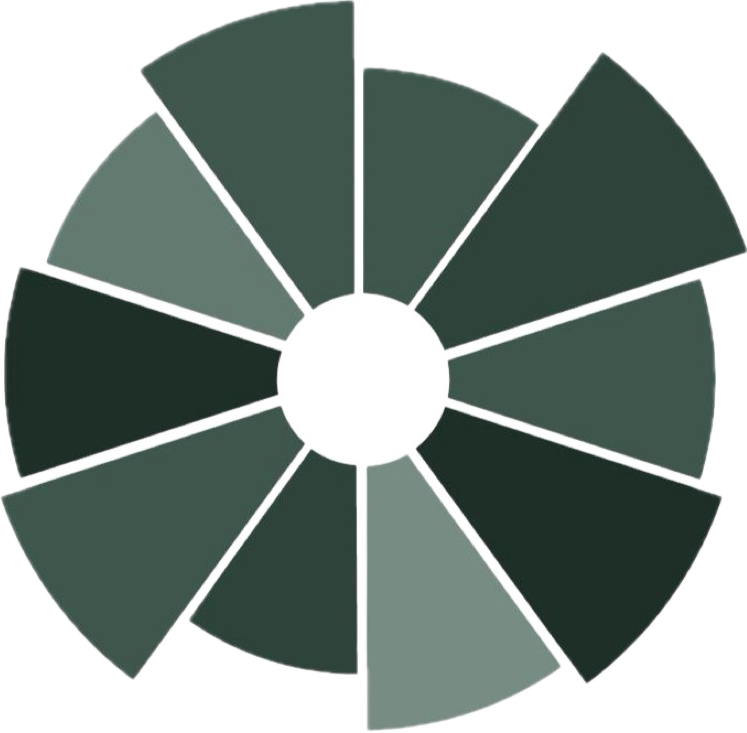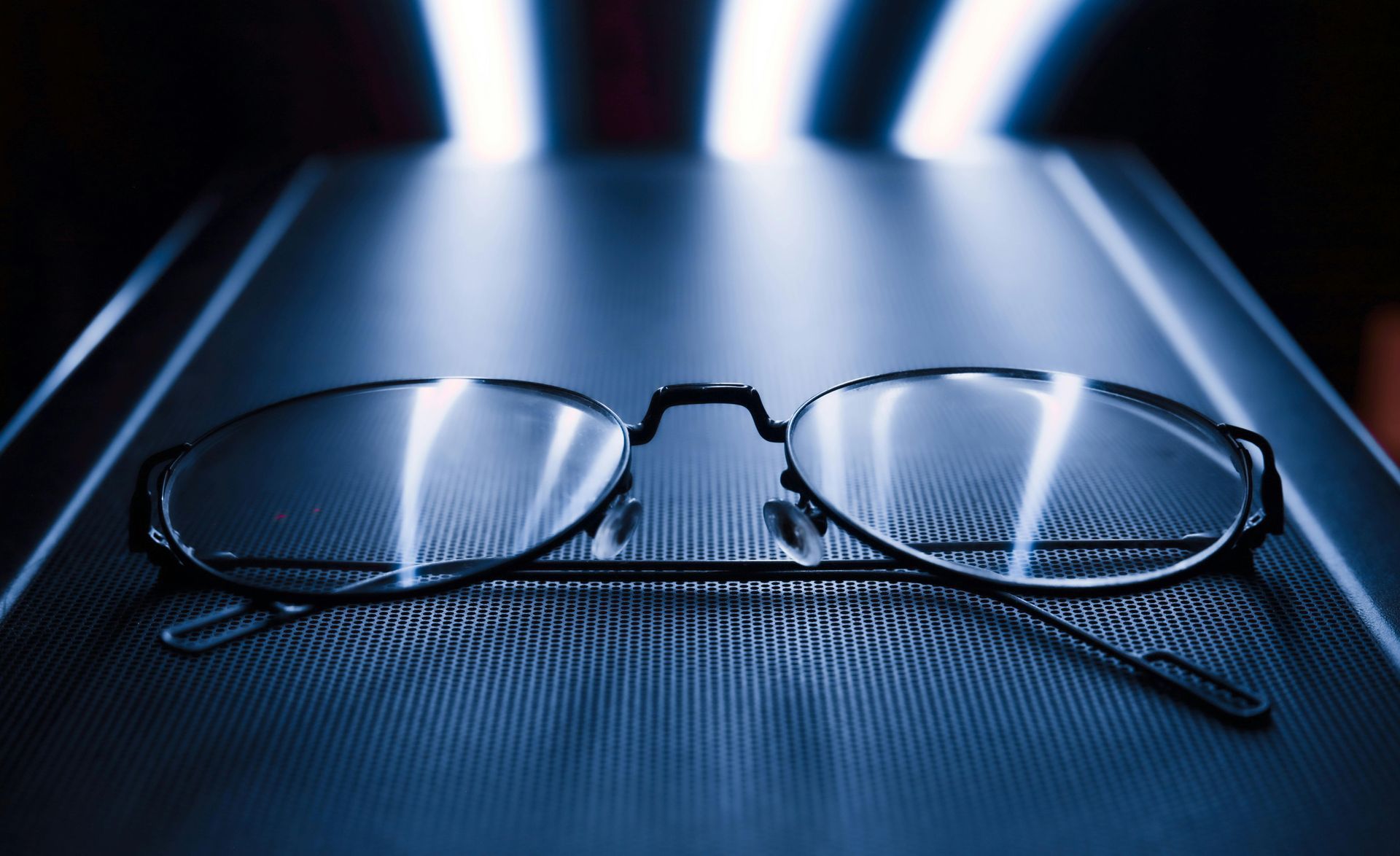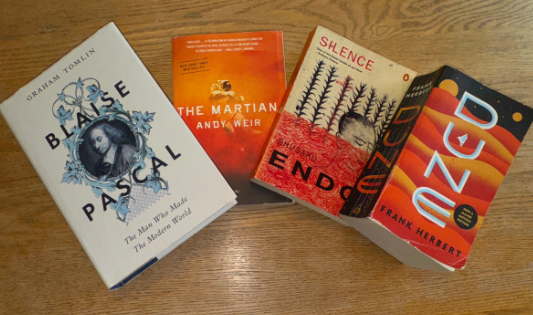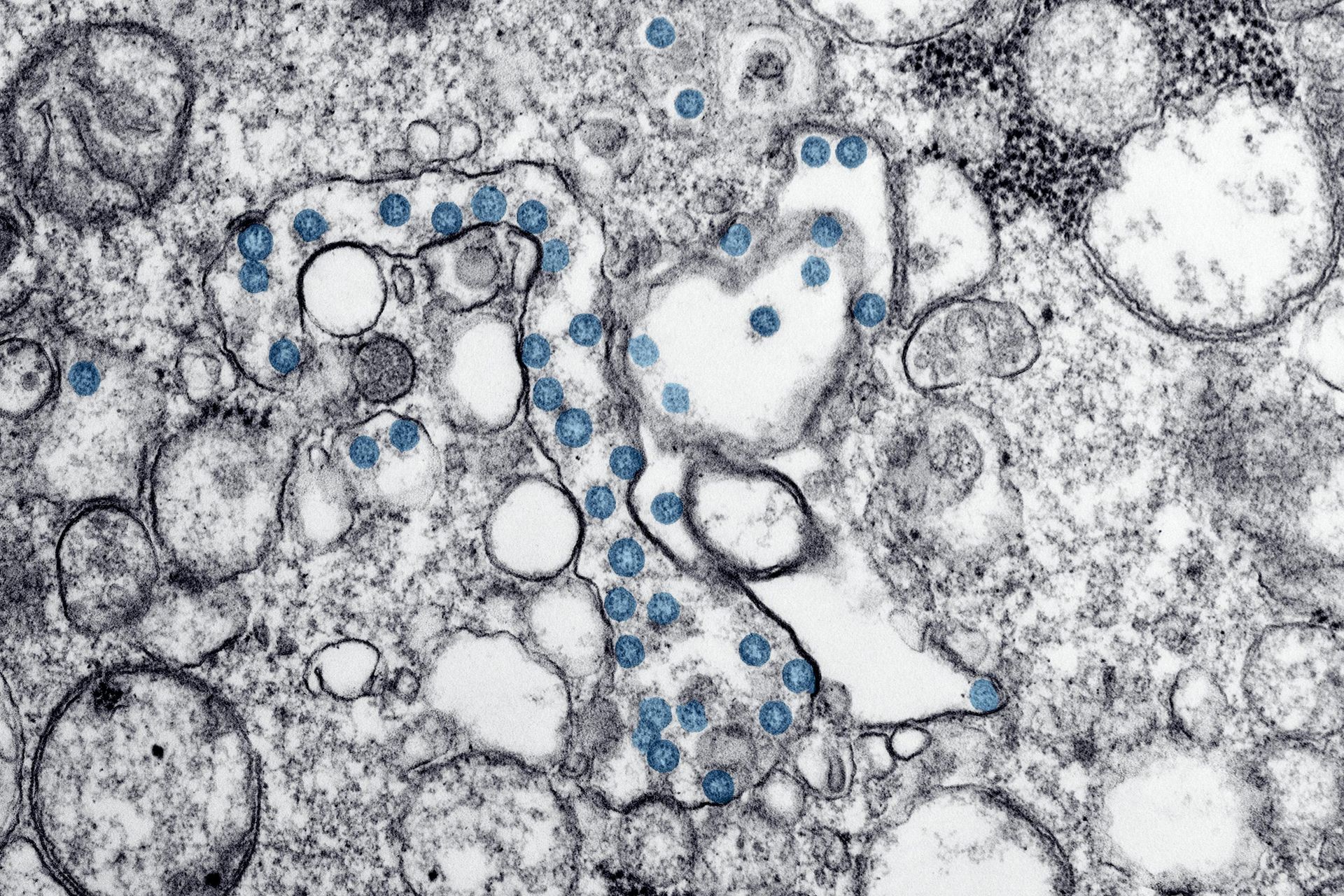Cataracts
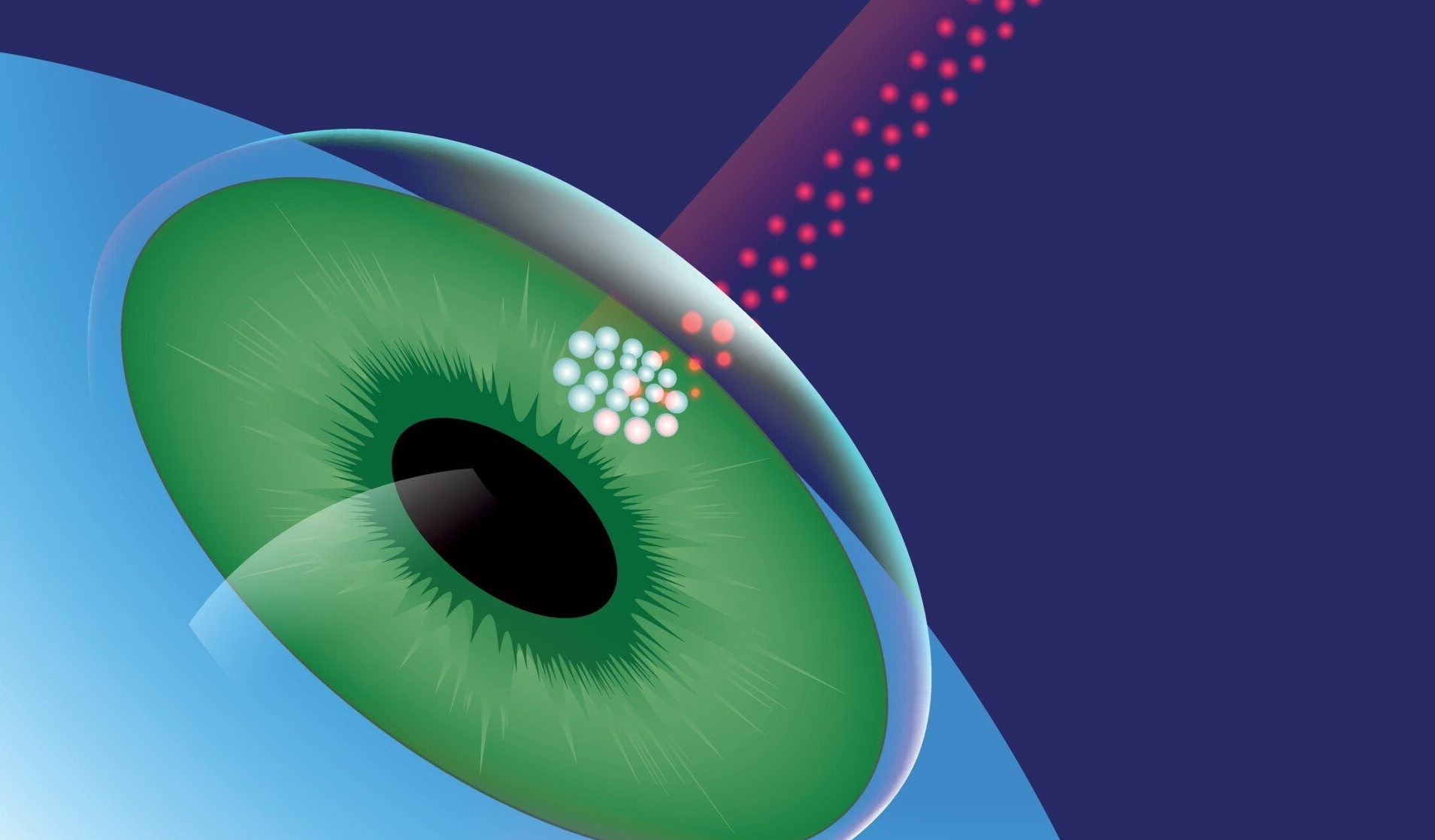
Blog vol 2. 38. Cataracts
A few weeks ago, I discussed a patient who was left untreated for cataracts way too long. I wanted to go into more detail about cataracts in that blog, but only so much time and pixels, so here we are…
Cataracts are the number one condition I deal with on a daily basis. Cataracts usually come with aging.
What is a cataract, and how can we tell when we have one?
Cataracts are essentially a clouding of the lens that is in the eye. They are usually in one of three locations in the lens: the nucleus or centre of the lens, the cortex or side, and the posterior or back-centre of the lens. They also can be of varying sizes and densities.
Since they are usually slow growing, they can be difficult to detect from the patient’s perspective. Very gradually they cloud the vision, change colours to a muted brown, and even cause ghosting of the vision, but you don’t wake up one day and deduce that you have a cataract.
What causes cataracts?
Cataracts are a result of the aging process, and more specifically of oxidation. The lens is made up of cells which are mostly water and protein. Free radicals in our body cause damage to these proteins and this breakdown results in changes to the lens structure.
Exposure to ultraviolet (which will release more free radicals), or the reduction in antioxidants in our diet (like vitamin C), or metabolic changes from diabetes, or taking medications like steroids or phenothiazines, will accelerate these changes.
The nucleus of the lens will start to harden and become brown, which will cause damaging of the softer cortex creating spokes that grow to the centre of the lens.
A posterior cataract usually results from diabetic or steroid changes. An excellent article on this is available at, https://pubmed.ncbi.nlm.nih.gov/20829639/. From this paper we learn of the role of oxygen in cataract development and the tie in with vitrectomies, when the vitreous behind the lens is removed. The vitreous is a barrier to oxygen, and even has vitamin C that reacts with oxygen, that slows this aging process. All very fascinating.
Can cataracts be prevented? How?
Wear UV filters, sunglasses, a wide-brim hat.
Eat a balanced diet with lots of antioxidants, that means fruits and vegetables.
No diabetes and no vitrectomies and no nasty steroids. Seriously, if you have a medical condition that exposes you to these risks, just be aware and get your eyes checked.
What is the treatment?
Of course, if you are experiencing blur or double vision, or “ghosting”, or have any other eye concerns, please call us right away and make an appointment. Regular eye exams catch problems early, a good plan.
Cataracts must be surgically removed, there is no other treatment. For surgery, you need a referral, and at Burlington Eyecare we have good relationships with many very skilled surgeons. Cataract surgery, where the lens capsule is cleaned out and a new implant lens is inserted, has excellent success rates, and though not anyone’s idea of fun, will ensure that you see clearly well into the future.
Til next week,
the good doctor, Dr. Mark Germain, Burlington optometrist
